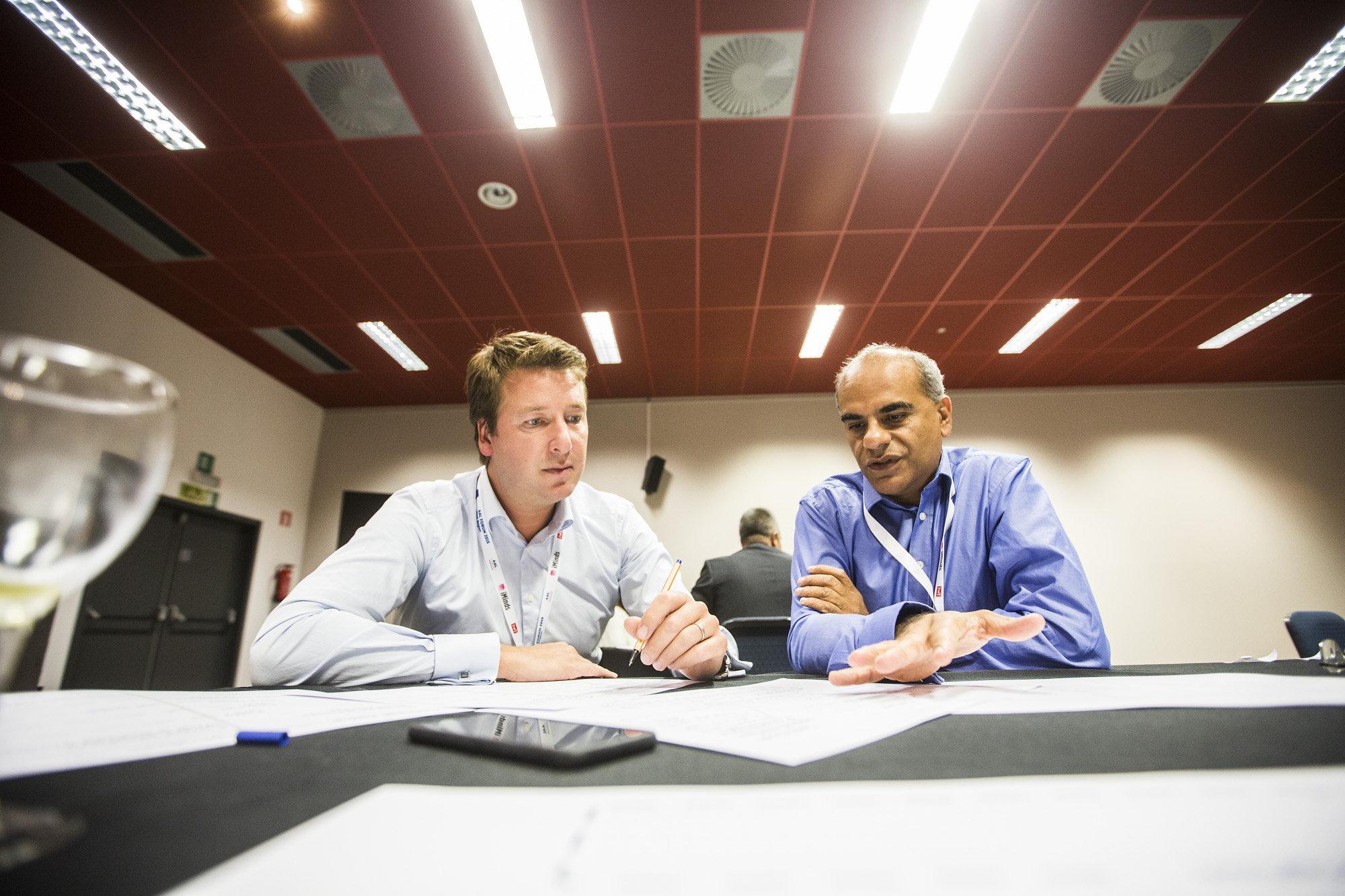Awareness, education and training in AAL
For AAL products and services to be successful in the real world we need to create real awareness of their potential amongst those making decisions about support and care for older people as well as older people themselves. These sessions will explore how we can create this awareness, provide assistance and educate users, key decision and policy makers, informal carers, technology installers and other key stakeholders about the benefits of AAL solutions. The sessions will also explore how to better engage with younger people to become more involved in AAL activities and how to attract apprentices, students and researchers into the sector.
Is TV really the devil?
Tuesday 09.00-10.30
Older adults can experience nutritional deficits and limited access to food due to functional impairments and health problems. The NAME OF CONSORTIUM have developed an intervention program based on new ICT –TV interactive programs that will be available as intervention tools for improving knowledge regarding cheap healthy food and implementing regular physical exercise in older adults. This session will introduce the tool developed by the research group and encourage debate on how to increase engagement of older adults with educational and motivational programs. It will also establish a network of potential partners for adoption and diffusion of these programs.
The presentations from this workshop can be found here.
Alfonso Rute de Sousa (chair)
Creating awareness of AAL technology – Part 1
Tuesday 16.00-17.30
European countries will likely reduce the level of financial support and resources they can dedicate to the health and care of their ageing citizens in the near future. There is now a greater need to create awareness and educate citizens about AAL technology. Policy makers and employers responsibilities for the workforce include development of content for educational courses or academic curricula, specific opportunities for users, industry, and professionals in online and face-to-face formats. This session will highlight cost effective education systems and their application involving AAL Forum participants.
The presentations for this workshop can be found here.
Maggie Ellis (chair)
Clive Noak
Creating awareness of AAL technology – Part 2
Wednesday 09.00-10.30
European countries will likely reduce the level of financial support and resources they can dedicate to the health and care of their ageing citizens in the near future. There is now a greater need to create awareness and educate citizens about AAL technology. Policy makers and employers responsibilities for the workforce include development of content for educational courses or academic curricula, specific opportunities for users, industry, and professionals in online and face-to-face formats. This session will provide a brief summary of cost effective AAL systems and identify specific education formats maximising the views of AAL Forum participants.
The presentations for this workshop can be found here.
Maggie Ellis (chair)
Ron Summers
Paul de Raeve
Environmental design for houses
Wednesday 14.00-15.30
Professionals and academics use design methods and approaches such as “design for all”, “universal design” and “user-centred design”, but these approaches are not being widely used for active ageing technology. This session will be an open meeting where people can share experiences, methods and design approaches so that interior design features and smart devices technologies that should be included in a house designed for older adults can be discussed. Professionals, academics and experts will be encouraged to identify resources, tools and courses of action that increase knowledge and related to a new type of universal housing design that helps meet the needs of different type of users.
The presentations for this workshop can be found here.
Matteo Zallio (chair)
John Mcgrory
Domotics and robotics for Alzheimer’s disease
Wednesday 16.00-17.30
Worldwide, nearly 35 million people have Alzheimer’s disease or a related dementia. At present there is no cure for the disease. There has been significant progress in using ICT to develop enabling domotic and robotic solutions that are cost-effective. This session will evaluate the effectiveness and impact of ICT solutions that help to reduce loneliness and isolation of Alzheimer’s patients at home. It will provide a platform for discussion on issues like the challenging problems of loneliness, isolation and Alzheimer’s in older adults through multi‐faceted interventions delivered by domotics and service robots. The role of technology in human life, the social status of people with Alzheimer’s in society, and society’s allocation of resources to their needs will all be discussed.
The presentations for this workshop can be found here.
Antonio Greco (chair)

